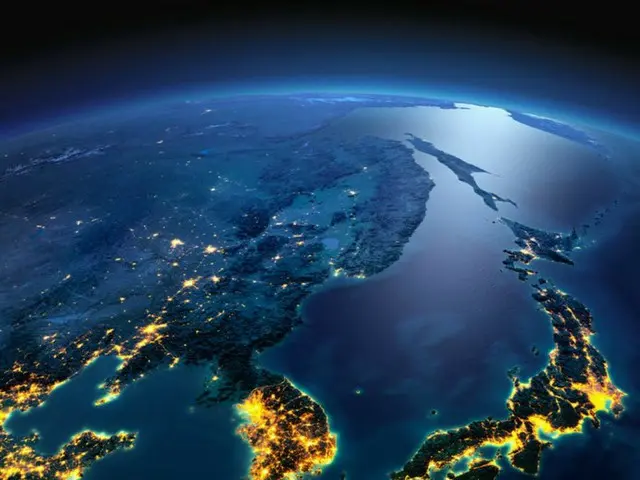Although the BOJ has diagnosed that there are signs of a gradual recovery in domestic demand through the "China Economic Outlook," various indicators and on-the-ground trends are showing increasing evidence to the contrary.
Although the president and the South Korean government appear to be confident, there are concerns that excessive optimism could hinder proper policy responses. According to the Korea National Statistical Office, the value of production for all industries in July increased 0.4% from the previous month.
The third consecutive month of declines. The 1.4% increase in April turned to a decline (-0.8%) in May. The third consecutive month of declines in the value of production for all industries was in August 2022.
This is the first decrease in 21 months since October. The largest factor behind the decline in industrial production was a 3.8% drop in the value of manufacturing, primarily semiconductors and automobiles.
The export growth rate of the Chinese economy rose 9.1% year-on-year, making it the largest driver of exports in the first half of this year. Attention is focused on the impact this will have on other sectors.
Another thing to note is that domestic demand indicators are deteriorating again.
The sales index was 100.6, down 1.9% from the previous month. After consecutive declines in April and May, it increased (1.0%) in June, but has now started to decline again.
Household spending power has bottomed out, with the retail sales indexes for department stores and large supermarkets dropping 7.6% and 8.8%, respectively, from the previous year.
"As it is difficult to sell meat in China, more and more consumers are buying cheap imported meat, so American meat is selling like hotcakes," he said. The booming exports are a blessing for the Korean economy, which makes its living from exports.
However, apart from the favorable performance of some major companies in the semiconductor and automobile industries, domestic demand remains sluggish and people's lives are difficult.
If trade policies change to one unfavorable to South Korea after the presidential election in November in the United States, South Korea's largest export market, the slump in domestic demand could become even more severe.
The South Korean government needs to revise its optimistic view and quickly implement policies to revive domestic demand, such as lowering interest rates. We must not forget that the actual living conditions of the Korean people are worse than the indicators suggest.
2024/09/02 07:03 KST
Copyrights(C) Edaily wowkorea.jp 107

